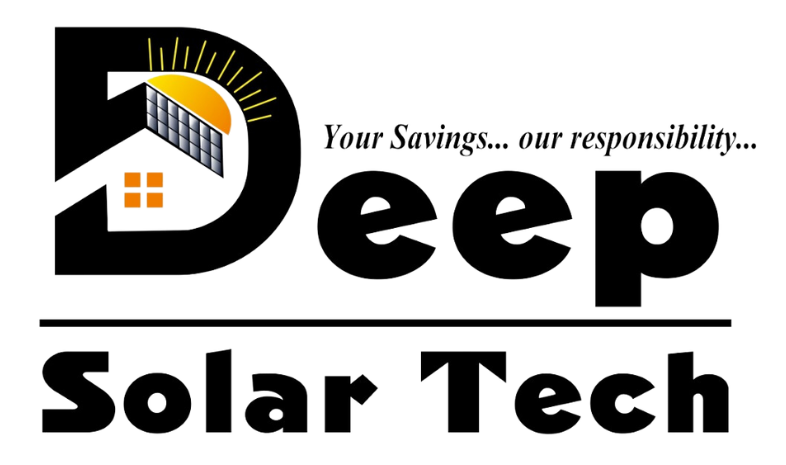Switching to solar energy is a significant step toward sustainability and energy independence. However, the initial investment required for solar panel installation can be a concern for many. This is where solar financing comes into play, offering various options to make the transition to renewable energy more accessible. Here’s everything you need to know about solar financing, helping you make an informed decision.
- Understanding Solar Financing
Solar financing refers to the financial products and solutions that allow individuals and businesses to install solar energy systems without bearing the full upfront cost. These financing options can spread out the cost over time, making solar energy more affordable and accessible to a broader range of consumers. - Types of Solar Financing Options
There are several solar financing options available, each with its own advantages and considerations. Here are the most common ones:
Solar Loans: Solar loans function similarly to other personal loans, where you borrow money to purchase the solar system and then repay it over time with interest. The main benefit of solar loans is that you own the solar system outright and can take advantage of all the savings and incentives that come with it. Additionally, solar loans often come with competitive interest rates and flexible repayment terms.
Solar Leases: With a solar lease, you don’t own the solar system. Instead, you lease it from a solar provider, paying a fixed monthly fee. The provider owns, installs, and maintains the system, and you benefit from the reduced energy costs. This option is ideal for those who want the benefits of solar energy without the responsibility of ownership.
Power Purchase Agreements (PPA): Similar to a solar lease, a PPA allows you to pay for the electricity generated by the solar system rather than the system itself. The rate you pay for this electricity is typically lower than your utility’s rate. The solar provider installs and maintains the system on your property, and you pay only for the energy you use.
Government Subsidies and Incentives: In India, the government offers various subsidies and incentives to encourage the adoption of solar energy. These can significantly reduce the overall cost of solar installation. For example, the Ministry of New and Renewable Energy (MNRE) provides capital subsidies for residential and commercial solar installations, making solar financing even more attractive.
- Choosing the Right Financing Option
Selecting the best solar financing option depends on several factors, including your financial situation, energy consumption, and long-term goals. Here are a few considerations to keep in mind:
Upfront vs. Long-Term Savings: If you’re looking for immediate savings without a significant upfront investment, a solar lease or PPA might be the right choice. However, if you’re interested in long-term savings and want to maximize your return on investment, owning the system through a solar loan could be more beneficial.
Ownership and Incentives: Owning your solar system allows you to take advantage of various government incentives, tax credits, and rebates. These incentives can further reduce the overall cost of the system and increase your long-term savings.
Credit Score and Financing Terms: Your credit score may affect the terms of your solar financing, especially if you opt for a solar loan. It’s essential to review the loan terms carefully, including the interest rate, repayment period, and any additional fees, to ensure they align with your financial goals.
- The Future of Solar Financing
As the demand for renewable energy grows, the landscape of solar financing is evolving. Innovative financing models, such as community solar and green bonds, are emerging, offering more options for consumers to access solar energy. Additionally, the increasing availability of financing options tailored to specific needs, such as residential, commercial, or industrial projects, ensures that more people can benefit from the advantages of solar energy.
Conclusion
Solar financing is a crucial factor in making solar energy accessible to a broader audience. With various options like solar loans, leases, PPAs, and government incentives, there’s a financing solution for everyone. By understanding these options and choosing the one that best suits your needs, you can make the transition to solar energy smoother and more financially manageable.
At Deep Solar Tech, we’re committed to helping you navigate the world of solar financing, ensuring that your journey to renewable energy is as seamless and cost-effective as possible. Let us guide you toward a brighter, greener future.
